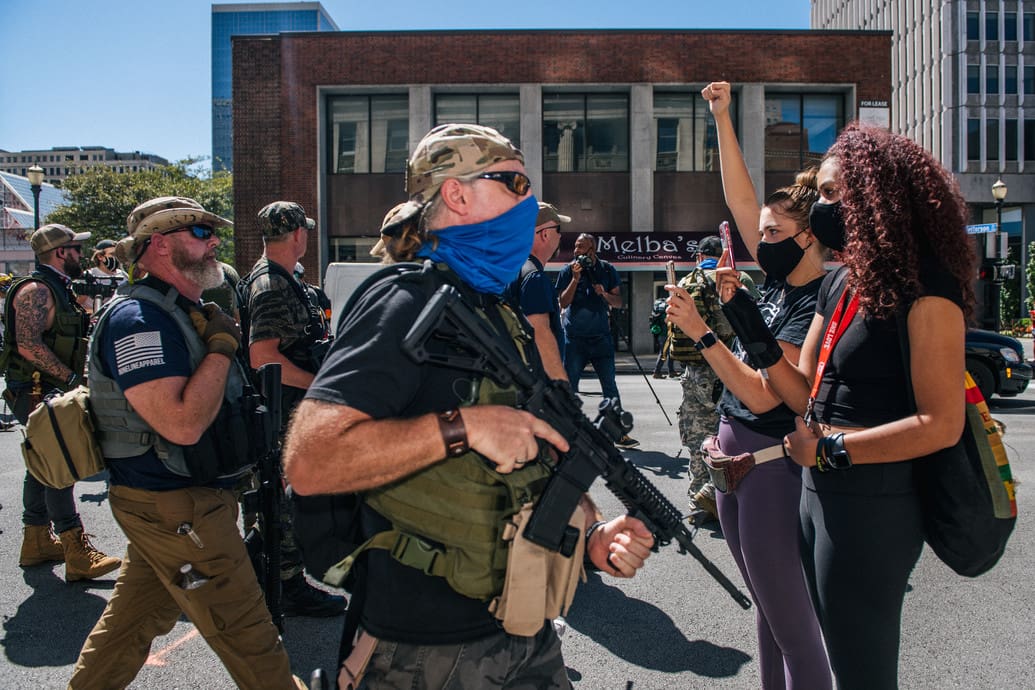By Terrance Sullivan, Director of Racial Justice, Amnesty International USA
Juneteenth is a day of commemoration, marking the end of slavery in the United States. Today, and all days, Amnesty International USA stands in solidarity with Black Americans in the ongoing struggle for justice and equality—using this day as a reminder of both the progress we’ve made and the persistent inequities that still plague our country.
The legacy of white supremacy ensures that Black Americans continue to face disproportionate challenges, including systemic police violence, higher poverty rates, mass incarceration, and alarming health disparities. These issues are not isolated; they are deeply interconnected, rooted in a history of racial discrimination and injustice that we must confront and dismantle.
Ongoing Challenges Facing Black Americans
Police violence remains a critical concern, with Black Americans being more likely to be victims of police brutality and fatal encounters.
Despite making up less than 14% of the population, 27% of victims of police violence are Black and are killed at twice the rate of white people.
This is a stark violation of human rights and demands urgent reform. We call for comprehensive measures to ensure accountability, transparency, and justice in law enforcement, like the George Floyd Justice in Policing Act.
Coupled with discriminatory policing, the over-imprisonment of Black individuals is a glaring injustice, perpetuating a cycle of marginalization and disenfranchisement. And despite decreases in the overall prison population due to reforms implemented over the past 25 years, Black men are imprisoned at a rate of four times that of white men.
True liberation only happens when we adequately address this injustice and offer up solutions to address disparities in sentencing.
Poverty rates among Black Americans are alarmingly high, a reflection of long-standing economic disparities. In the United States, Black people represent 13.2% of the total population but nearly 24% of people living in poverty. We must address these inequities through policies that promote reparative economic justice, access to quality education, affordable healthcare, and fair housing. Economic empowerment is essential to achieving true equality.
Sadly, poverty and its deep-rooted health inequities have resulted in lower life expectancies for those who are Black in the U.S.. These disparities are a result of various social determinants of health, including limited access to healthcare, environmental factors like our recent report on petrochemicals, and economic stability. Addressing these issues is crucial for improving overall well-being and ensuring a healthier future for Black communities.
And in the never-ending fight for reproductive justice, we must be mindful that the maternal mortality rate for Black women is three times higher than that of their white counterparts, a stark indicator of systemic racism in healthcare. This unacceptable disparity demands immediate action to ensure that Black women receive equitable and respectful medical care.
An Equitable Future Calls for Reparative Justice
Charting a path forward requires a commitment to righting the wrongs of our past. This means acknowledging the impact of historical injustices and implementing reparative practices. It means listening to and amplifying Black voices in policymaking and ensuring that those most affected by these issues lead the way in creating solutions.
On this Juneteenth, let us renew our commitment to fighting for a future where equality and justice are not just ideals, but lived realities for all.

